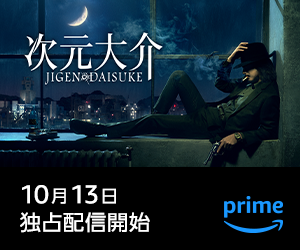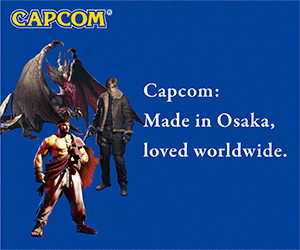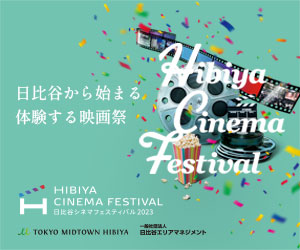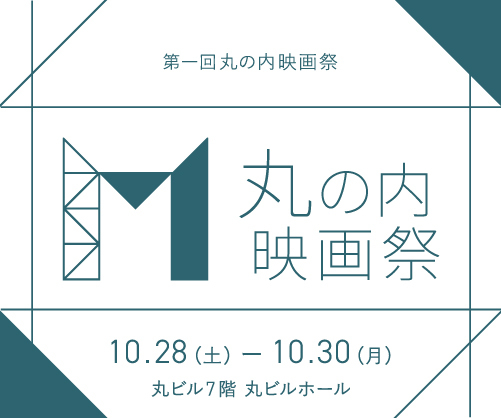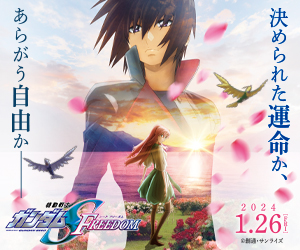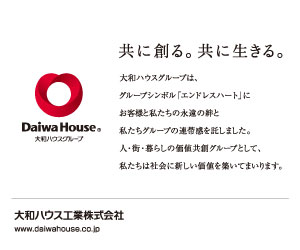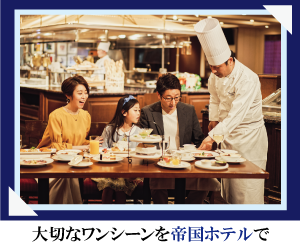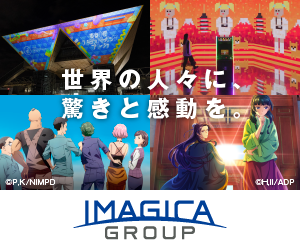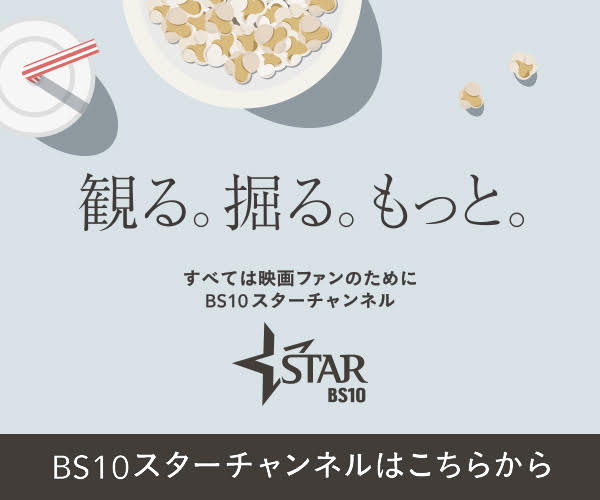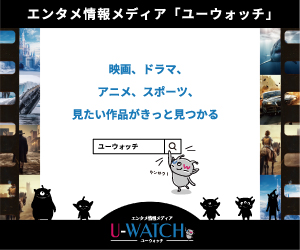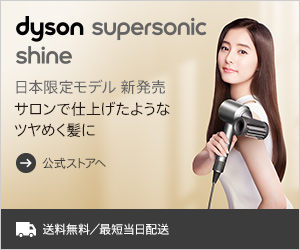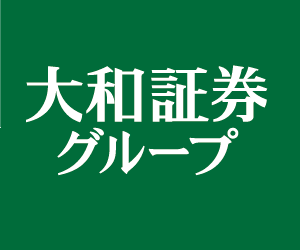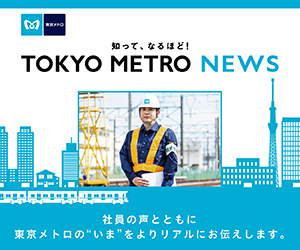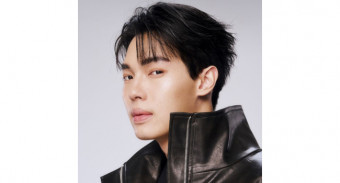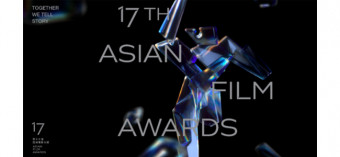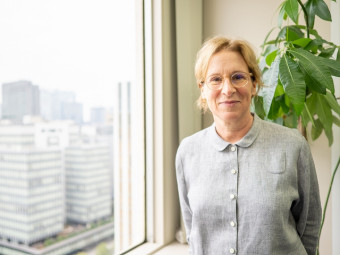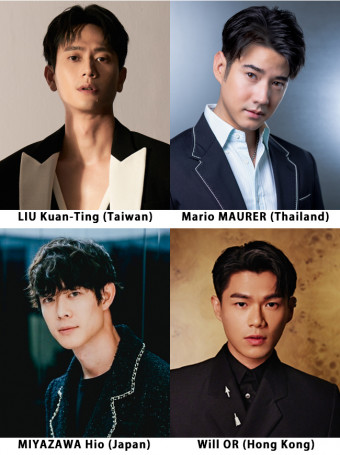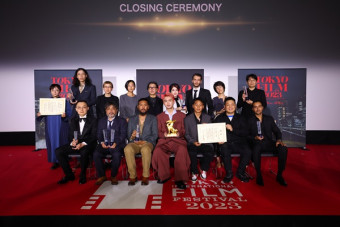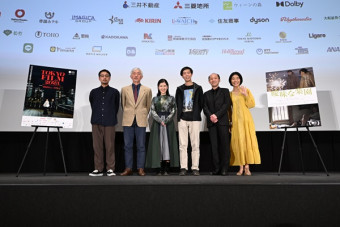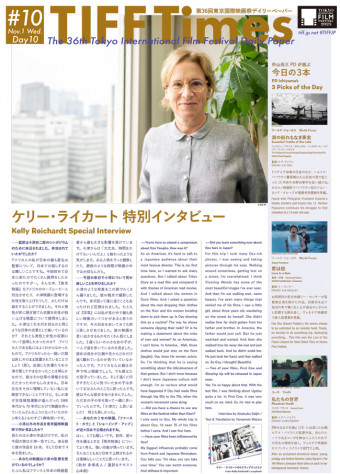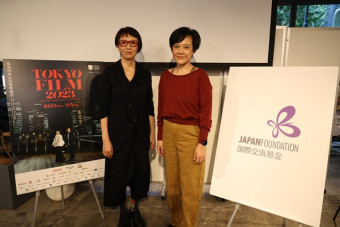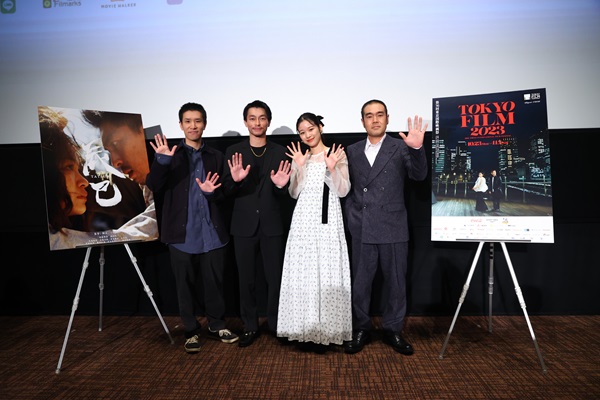
Shoji Hiroshi returned to the Tokyo International Film Festival on October 28, where his long-awaited second feature, Tatsumi, world premiered in the Asian Future section before a packed crowd. The writer-director’s debut feature, Ken and Kazu, won the Japanese Cinema Splash Best Film Award at the 2015 TIFF and the New Director’s Award from the Directors Guild of Japan before going on to earn legions of fans at festivals overseas.
At the relaxed and friendly post-screening Q&A—a treat after the intensity of watching his brutal revenge drama—Shoji appeared with three of the gifted actors of his hard-hitting new work: Endo Yuya (Onoda: 10000 Nights in the Jungle), Morita Kokoro (Ice Cream and the Sound of Raindrops) and Sato Goro (Alice in Borderland).
Tatsumi announces that it is not for the faint of heart in its opening frames. A man whom we later discover is the titular character (Endo) savagely attacks a younger man (Fujiwara Kisetsu, who first came to fame with Ken and Kazu), for his drug use. This ultimately leads to tragedy, immediately challenging the audience’s anticipated empathy for the protagonist. Is Tatsumi bothered by what he’s done? It’s hard to tell. He wears a perpetual poker face, protection against the rough-and-tumble life that he seems to have chosen for himself.
Tatsumi works as a fisherman, but he also toils in the underworld, performing the unspeakably unpleasant job of erasing the identities of gangland hits. The victims are usually related to the drug trade, but then one day, a line is crossed and Tatsumi’s ex is brutally murdered in front of her young sister Aoi (Morita, in a star-making turn). The two form an uneasy alliance as they seek revenge.
The director’s obsession with authenticity in performance and details can be felt in every scene, and rumors that Shoji had devoted a great deal of time tweaking out perfection during post-production were confirmed by Endo, who told the audience, “We shot the film in 2019, but then Mr. Shoji spent the next four years working with persistence on the editing and adding some additional scenes.”
Shoji confessed, “In these eight years since my last film, many fans told me they were waiting for my next film. It was enormous pressure on me to make a relevant film, to prove that I’d deserved those awards.”
Morita told the audience, “This is my fourth TIFF film (although first starring role). Tatsumi is my very favorite filmmaking experience, with my favorite film team ever. I was so thrilled to watch the film in such a large theater with such a large audience.”
Said Sato, who plays Tatsumi’s nominal boss and mentor in the film, “I tend to not use the word dream. But this is a moment that has really been my dream, being here with Mr. Shoji, who made this film with such great care, with so many audience members, with Mr. Endo and Kokoro-chan next to me. I’m holding a microphone and talking. This is really a dream come true. I won’t forget this moment, even if I drink way too much.
TIFF Senior Programmer Ishizaka Kenji moderated the session, and asked Shoji whether COVID had disrupted the film’s creation at all. “In 2019, we finished primary photography, so it was before COVID,” he said. “We did a lot of additional shooting because of my script changes. But most of all, we spent that time fine-tuning the direction of the film.”
He reassured the audience that, “We were all really friendly while working together, even though in the film everyone is killing each other. It was a very nice team and we communicated a lot.”
Recalled Endo, “One day, I had a long talk with Mr. Shoji. We talked about one piece of dialogue for 8 hours at a tiny ramen shop, instead of the typical family restaurant, coffee shop or bar. It was a great session, and the ramen shop owner was great too, for allowing us to stay there talking for so long.”
Although there was a script from the beginning, it soon became clear that characters underwent several major changes after casting had begun. Sato, for instance, said that he had initially auditioned for another role. “Then I was asked to play the Skipper, since there was no one else who could play the role. And then Mr. Shoji expanded the tiny role to make it bigger for me.”
Morita said, “I auditioned to play Tatsumi’s sister. But I came to the second audition and there was no longer a sister, I became a new character, Aoi. Between the auditions, the director reconsidered and made the change.”
“My first idea was that the Aoi role was for a boy,” explained Shoji. “But I met Kokoro and she was great. We did a lot of auditions and had discussions. Then I saw Kokoro, and we felt she would be perfect for the role. So we swapped the gender.”
Endo chimed in, “Actually, I was originally asked to play Ryuji (a terrifying psycho of a gangster), not Tatsumi.”
Nodded Shoji, “Mr. Endo’s Ryuji was great. I offered the role to him immediately.”
“I remember I bought a cup of coffee for the director at a nearby Renoir Café,” said Endo. “It was the first time I’d gotten an offer so quickly.”
Ishizuka asked Endo how he had reacted to the script when he first read it. “It was just surprising,” he responded. “All the characters felt realistic, and I was so excited by the world of this film. My character was developed through discussions with Mr. Shoji,” a collaborative process that is extremely rare in Japan. “The director talks in great detail with actors. He believes in the actors’ decisions. What I can do is to show my best to him.”
At Morita’s second audition, “I read the new script and had an hour-long rehearsal with Mr. Endo. During the session, my character was strongly imprinted on me. I didn’t create the character, but I’m usually very outspoken, just like Aoi.”
Given her slender stature, she was asked how she handled the role’s extreme physicality, which required her to beat up—and be beaten—repeatedly, as well as to crawl around under a car while shooting a rifle. “There were a lot of older people on set, and they took care of me,” she said. “Sometimes we shot from very early in the morning to night. But they would bring me a lot of potato chips, which I enjoyed a lot.”
An audience member, praising the film, said it felt like a Scorsese work, “only more real.” Ishizuka asked whether Toei Yakuza movies had influenced the director at all. “I learned from watching Scorsese and Michael Mann films,” Shoji responded. “The opening was originally very Toei-like. But I switched the mode so it feels a bit different.”
Said Endo, “I think he borrowed from (David Fincher’s) Se7en and David Cronenberg.”
Demonstrating great recall, a fan in the audience noted that Shoji uses a lot of “impressive closeups” and mentioned that the Ken and Kazu poster, with the two characters’ faces in closeup, is the same as the poster for Tatsumi. Why did he favor this style?
Responded the director, “This poster image is from the scene with the dialog that Mr. Endo and I talked about for 8 hours at the ramen shop. It’s an important moment.”
“I remember shooting that scene,” said Morita. “It was very important to Mr. Shoji. I needed to concentrate, and the lighting was amazing, I had this sense of very strong stimulation.”
Said Shoji, “That was the scene you and Mr. Endo did together in the audition.”
“I was on set when you did that,” Sato recalled, “and Mr. Shoji let out this big KAKKOII!! (awesome!!).”
Admitted Shoji, “I didn’t erase that from the footage for a long time while I was editing.”
Stage Greeting, Q&A Session: Asian Future
Tatsumi
Guests: Shoji Hiroshi (Director), Endo Yuya (Actor), Morita Kokoro (Actor), Sato Goro (Actor)












